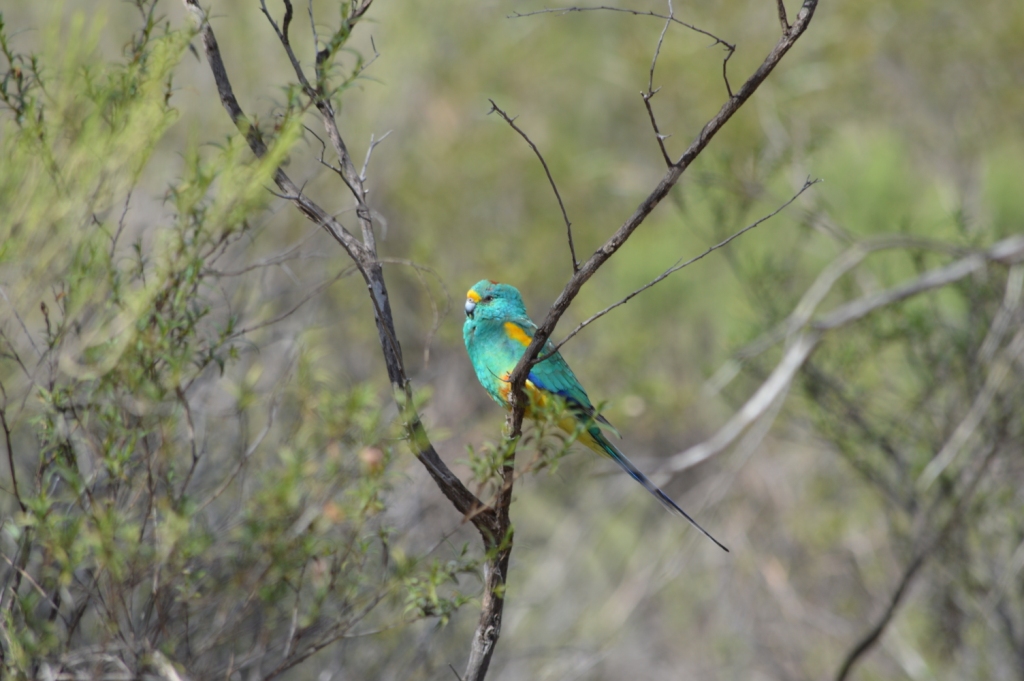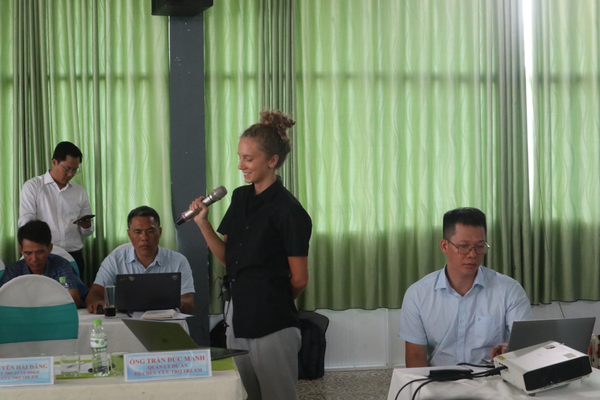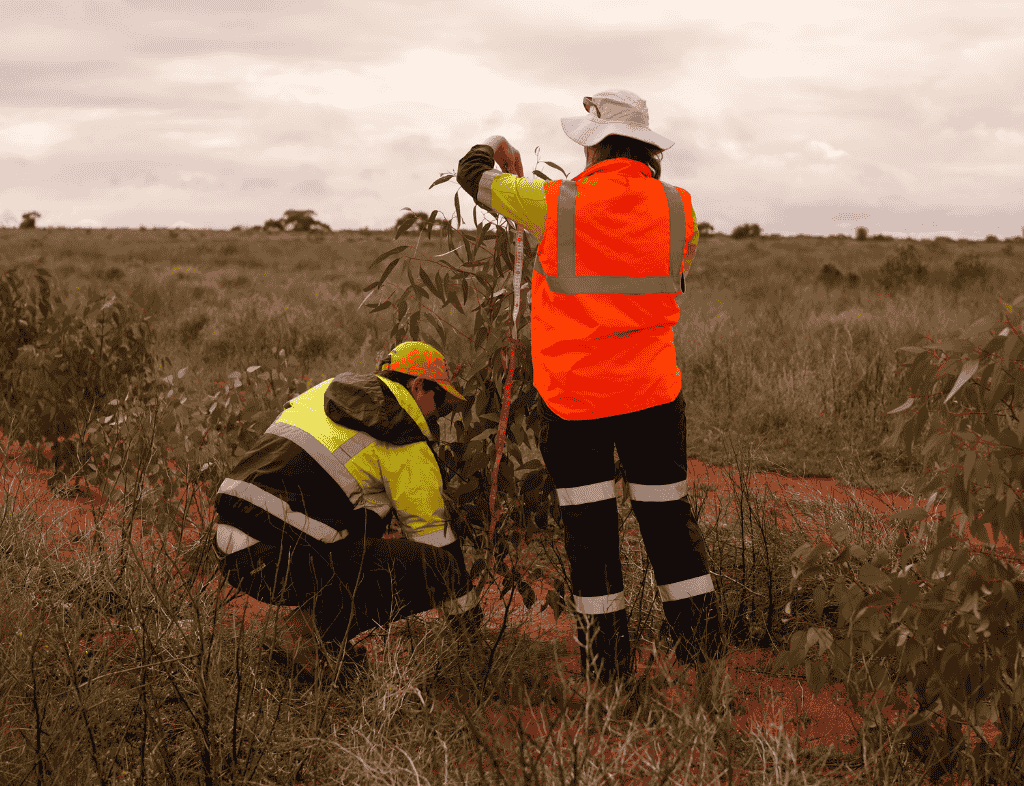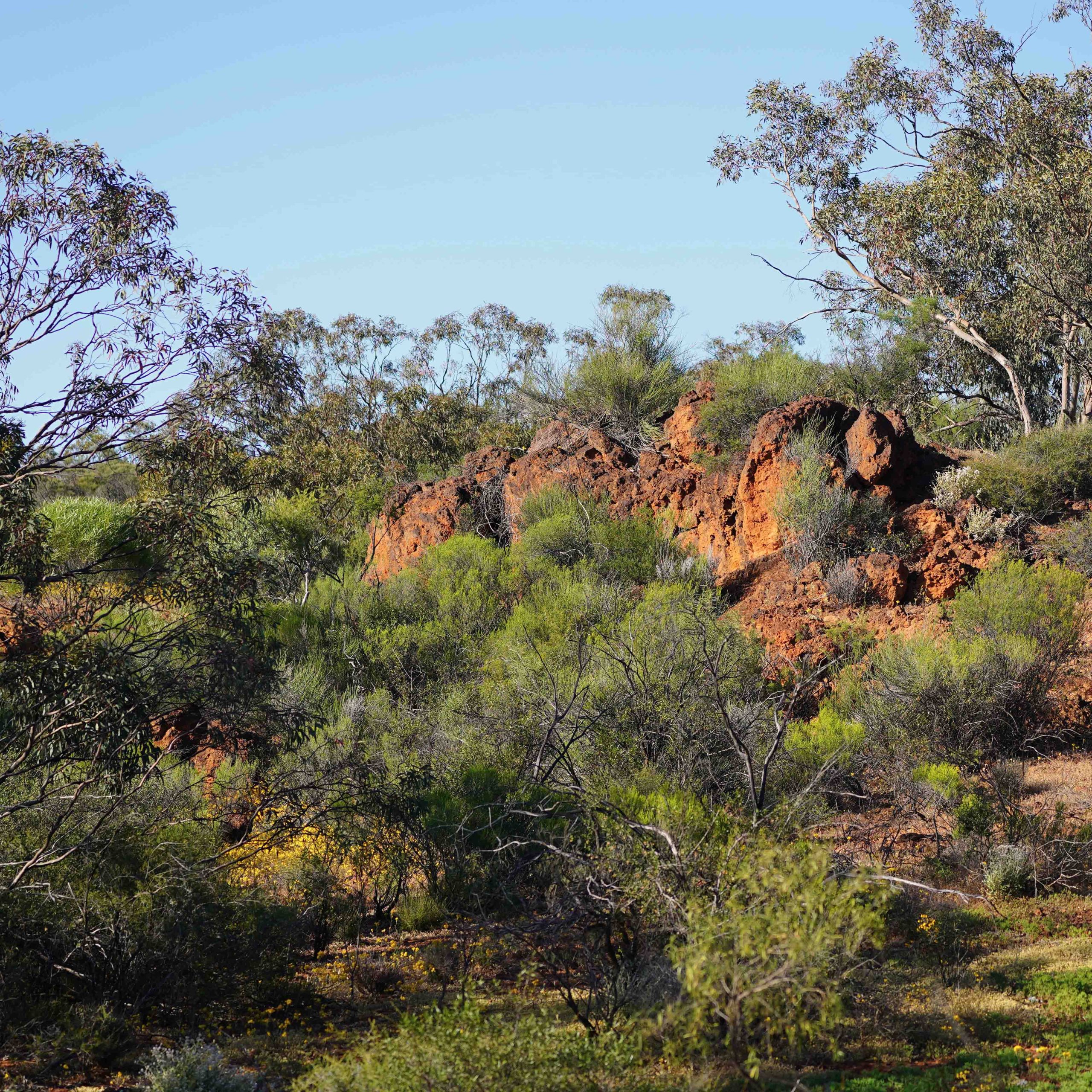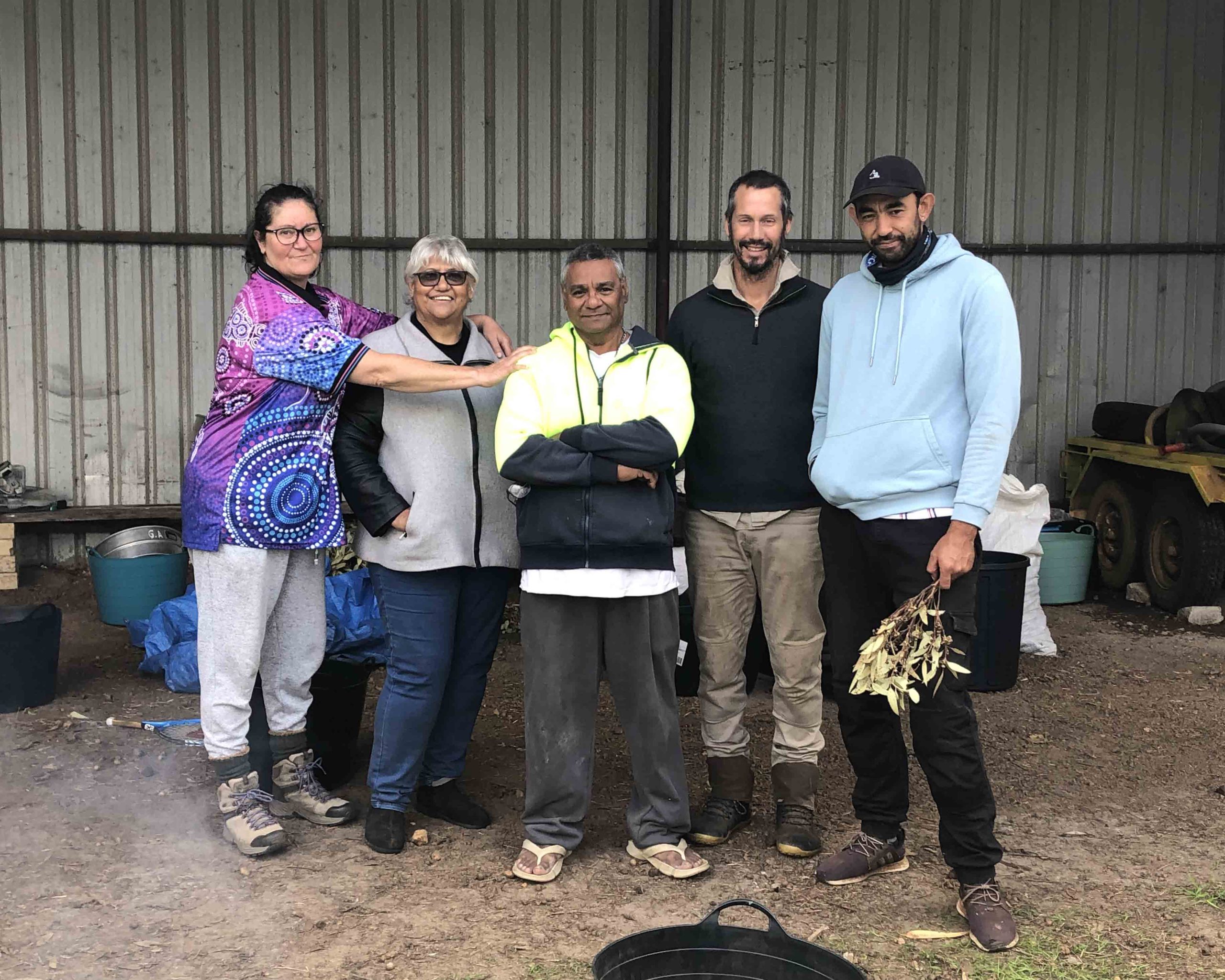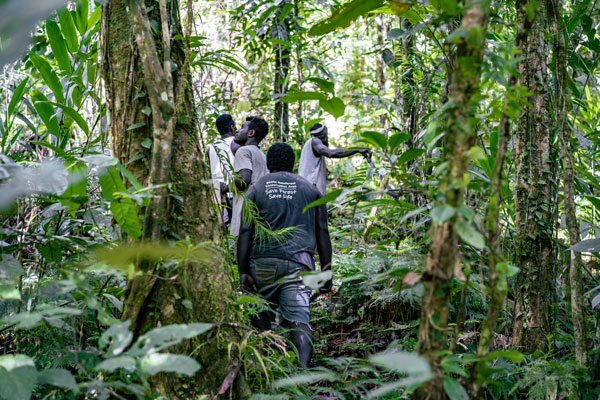Climate change is no longer a distant threat—it’s reshaping the way businesses operate today.
Mandatory climate disclosures are now a business reality, demanding greater transparency across supply chains and operations. Carbon Neutral supports organisations in translating complex regulatory requirements into practical, actionable climate strategies that align with business goals.
Ensure your organisation is ready to meet mandatory climate disclosure requirements.

Preparing for Climate Compliance.
Mandatory climate risk reporting is becoming a legal requirement for thousands of businesses in Australia. These institutions are required to generate Environmental, Social and Governance (ESG) data, along with comprehensive financial disclosures that cover their entire supply chains.
With over 10 years of experience helping clients across various industries develop robust carbon reporting, Carbon Neutral helps businesses prepare to meet new sustainability and compliance obligations.
Here’s how we can help.
We can guide your organisation through the compliance process, ensuring you meet all mandatory reporting requirements.
We’ll work with you to map out your greenhouse gas (GHG) emissions across all relevant scopes. This includes:
- Scope 1 & 2: We’ll calculate your gross GHG emissions from your own operations.
- Scope 3: We’ll identify and calculate relevant indirect emissions within your value chain, focusing on areas where your business has influence and control.
For any emissions that are currently difficult to quantify, we’ll assist in providing a clear and well-documented justification for their exclusion.
We’ll guide you through the assurance process, ensuring confidence in your reported data. This process will assist you in identifying near-term metrics and targets and implementing effective data management strategies. Additionally, it will help you pinpoint specific actions needed to enhance data management and accuracy moving forward.
You’ll receive a comprehensive footprint report that serves as a valuable tool. This report will not only ensure compliance but also accelerate progress towards your climate and sustainability goals.
Contact us today
To discuss your specific needs and develop a tailored strategy to navigate the evolving regulatory landscape with confidence.
Learn More ↓

Understand Australian Sustainability Reporting Standards and IFRS

Thousands of entities will be affected along with their value chain partners

Mandatory Climate Reporting ‘climate statement’ is based on four key pillars

What are the Australian Sustainability Reporting Standards (ASRS)
The ASRS are guidelines developed by the Australian Accounting Standards Board (AASB) to help companies comply with mandatory climate reporting requirements. A draft version was released for public comment in October 2023, and the final version is expected soon. These standards will provide a structured framework for companies to disclose climate-related risks and opportunities within their financial statements, ensuring transparency and consistency in sustainability reporting.
These standards aim to align with the International Sustainability Standards Board (ISSB) framework, which develops and approves sustainability reporting standards for financial markets based on International Financial Reporting Standards.
What are International Financial Reporting Standards (IFRS)?
| IFRS S1 General Requirements for Disclosure of Sustainability-related Financial Information | IFRS S2 Climate-related Disclosures |
|---|---|
| IFRS S1 outlines disclosures for companies to communicate short, medium and long-term sustainability-related risks and opportunities. | IFRS S2 incorporates recommendations made by the Taskforce on Climate-related Financial Disclosures to support IFRS S1 in requiring companies to disclose cross-industry and industry-specific climate-related financial risks and opportunities. |
Who is required to make mandatory climate-related financial disclosures?
In Australia, entities that are subject to mandatory climate-related financial disclosure will be phased in across three groups over three years, as detailed in the table below. To ensure a smooth compliance process, entities should begin implementing the necessary systems, processes, and governance practices now.
Identifying early whether your business falls under the ASRS categories is crucial. This proactive approach allows your company to meet the new standards on time and leverage strategic and operational benefits, ultimately positioning your business for success.
This legislative change, marking a significant shift in Australia’s financial and ESG reporting requirements, will impact thousands of entities. Companies subject to reporting will also experience impacts throughout their value chain, affecting upstream raw material manufacturers and service providers, as well as downstream distributors and customers.
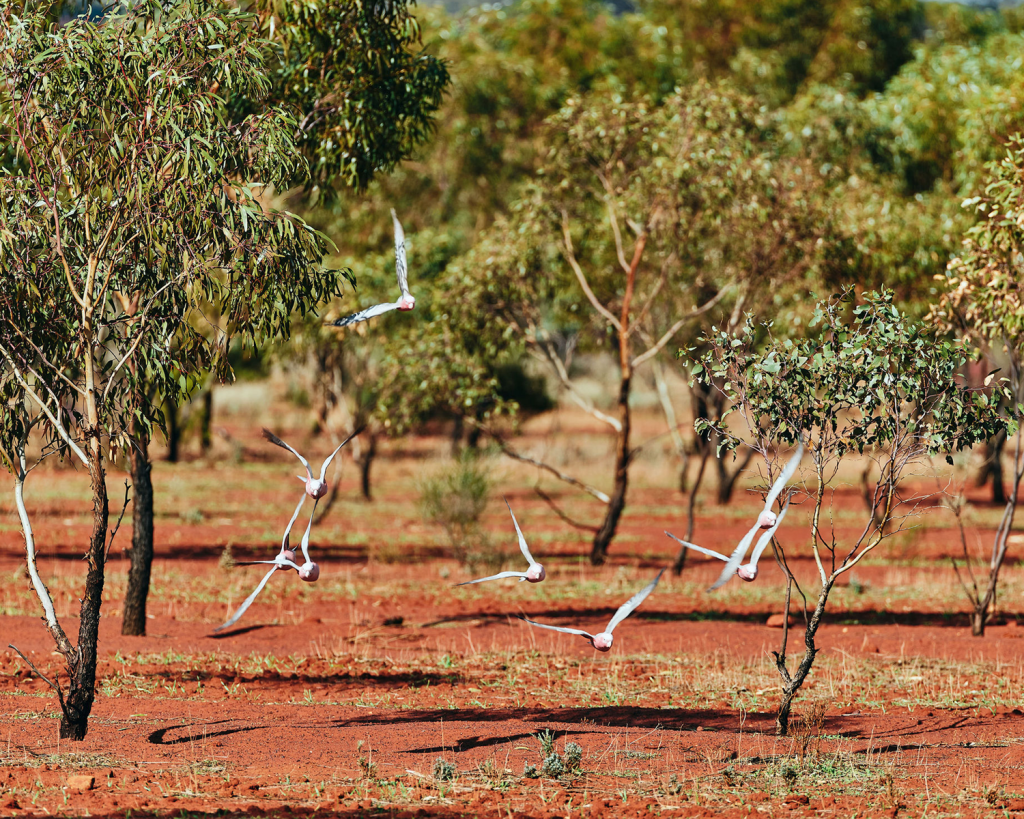
| First annual reporting periods starting on or after | Consolidated revenue | EOFY consolidated gross assets | End of financial year employees | National Greenhouse and Energy Reporting (NGER) Reporters | Asset Owners |
|---|---|---|---|---|---|
| 1 July 2025 Group 1 | $500 million or more | $1 billion or more | 500 or more | Above NGER publication threshold | N/A |
| 1 July 2026 Group 2 | $200 million or more | $500 million or more | 250 or more | All other NGER reporters | $5 billion assets under management or more |
| 1 July 2027 Group 3 | $50 million or more | $25 million or more | 100 or more | N/A | N/A |
Partner with Confidence
Navigating the complexities of climate disclosures can be daunting, but you don’t have to do it alone. Our consultants are here to guide you through the process and help you accurately measure your emissions, identify gaps, and develop a robust strategy to meet the new mandatory requirements.
Explore our consultancy services
Explore stories in the world of sustainability, carbon and climate change.




